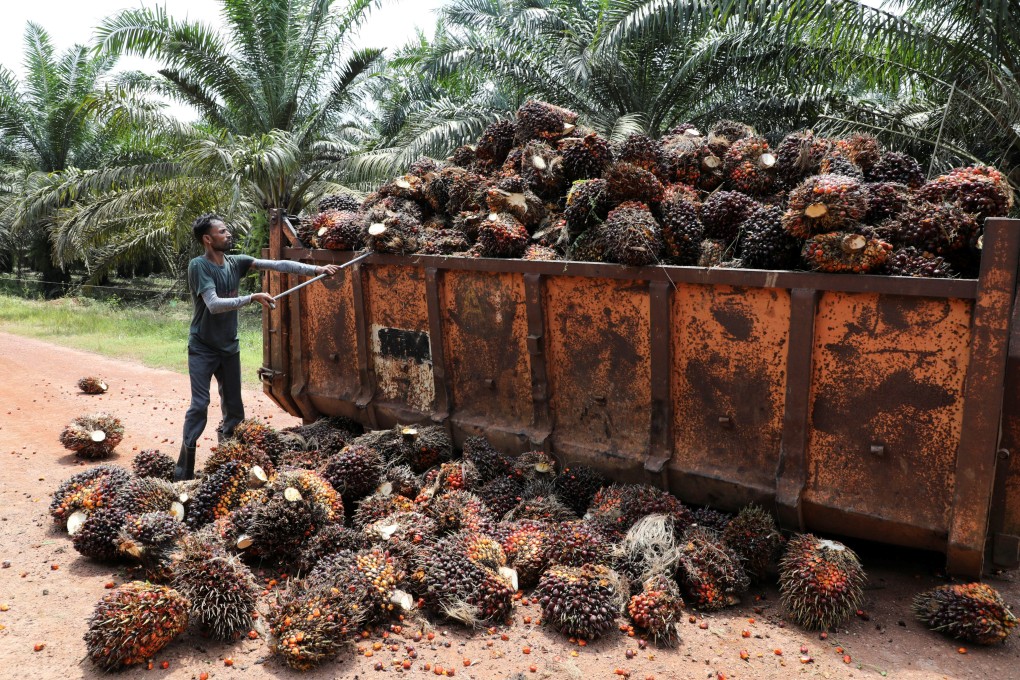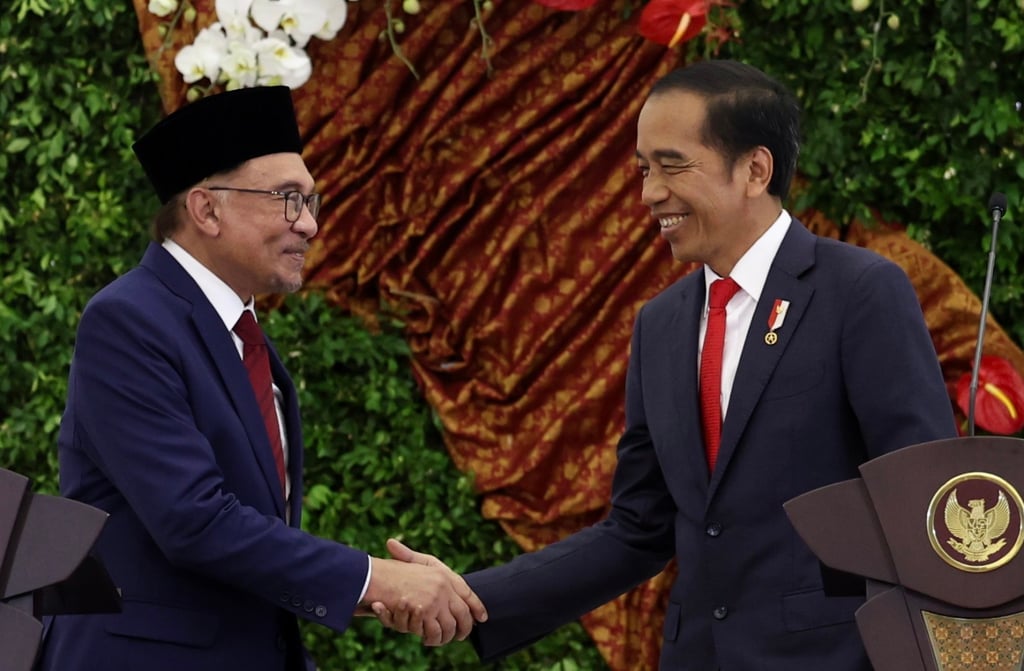Advertisement
Malaysia’s EU palm-oil export ban: an empty threat it can’t afford or a way to ‘fight discrimination’?
- Observers say European buyers are ‘terribly important’ for the industry, as one insider cautions that a boycott is ‘not the correct approach’
- Still, Malaysia is calling on Indonesia to join its proposed export ban in response to new EU anti-deforestation rules that both see as protectionist
Reading Time:4 minutes
Why you can trust SCMP
2

Malaysia has threatened to ban palm oil exports to the European Union in retaliation for the bloc’s new regulations aimed at curbing deforestation, despite warnings about the short-term economic damage such a boycott could cause.
The EU last month agreed on a new law requiring importers of palm oil and other commodities to prove that no forests were damaged in the production of their goods, after passing an earlier renewable-energy directive calling for all palm oil-based fuels to be phased out by 2030.
Malaysian Deputy Prime Minister Fadillah Yusof, who is also the plantation and commodities minister, has called the new rules a way of blocking market access for palm oil and said he would discuss with Indonesia – the world’s largest producer – about halting shipments to the EU when he visits the neighbouring country as early as this month.
Advertisement
Indonesian President Joko Widodo pledged last week during a state visit by Malaysia’s Prime Minister Anwar Ibrahim that the two countries would “fight discrimination against palm oil”.

The EU is a major market for palm oil and abruptly banning exports to the bloc would hurt suppliers who “likely have commitments for sales to the EU for the next couple of months”, said Khor Yu Leng, a political economist with Singapore-based Segi Enam Advisors.
Advertisement
Advertisement
Select Voice
Select Speed
1.00x